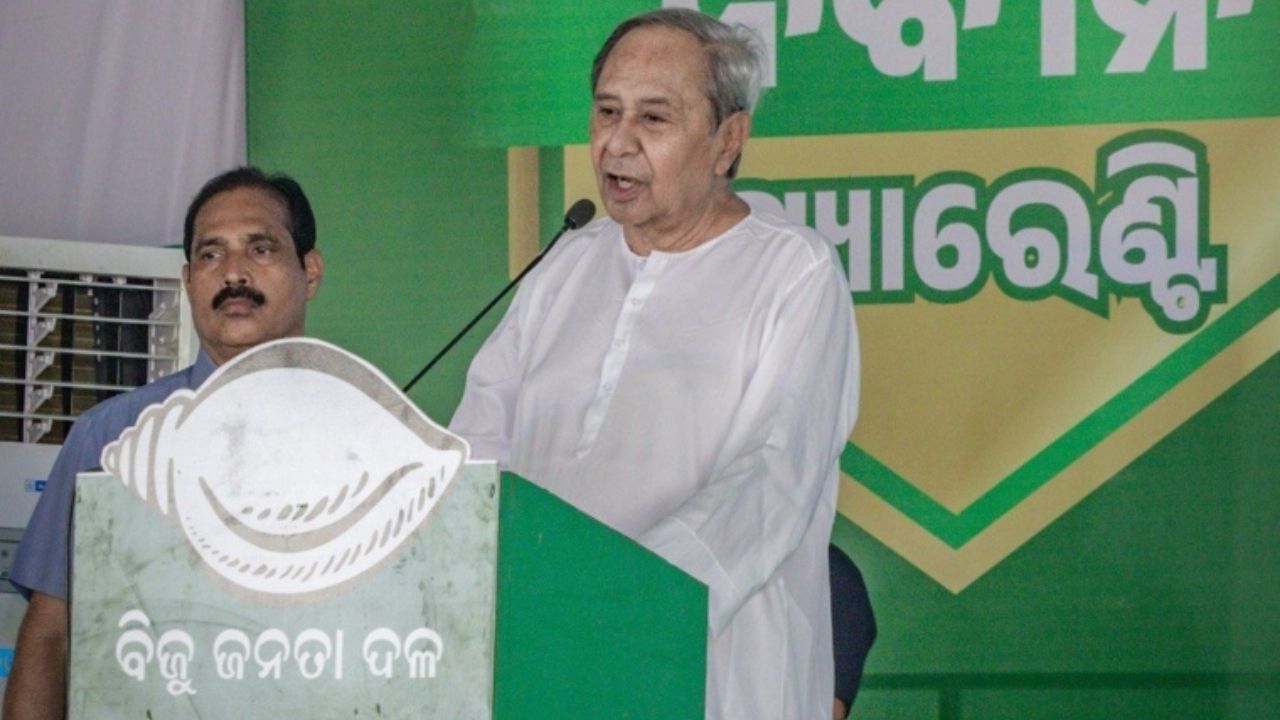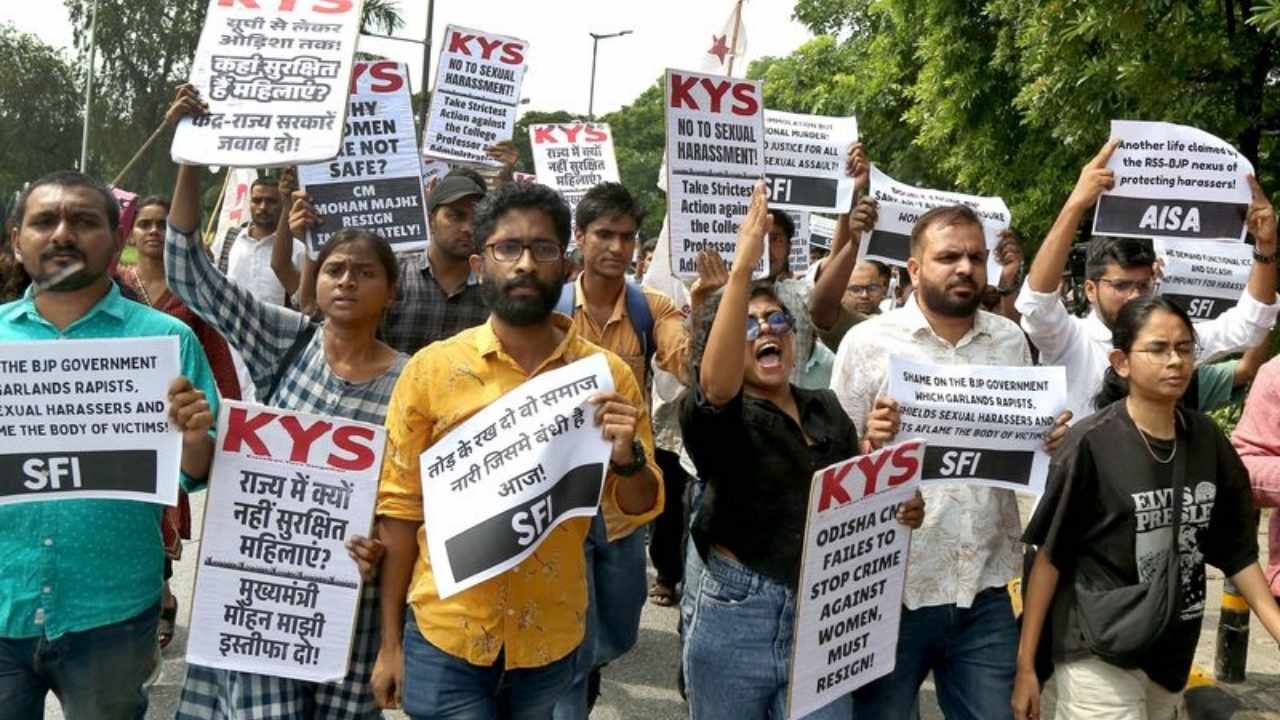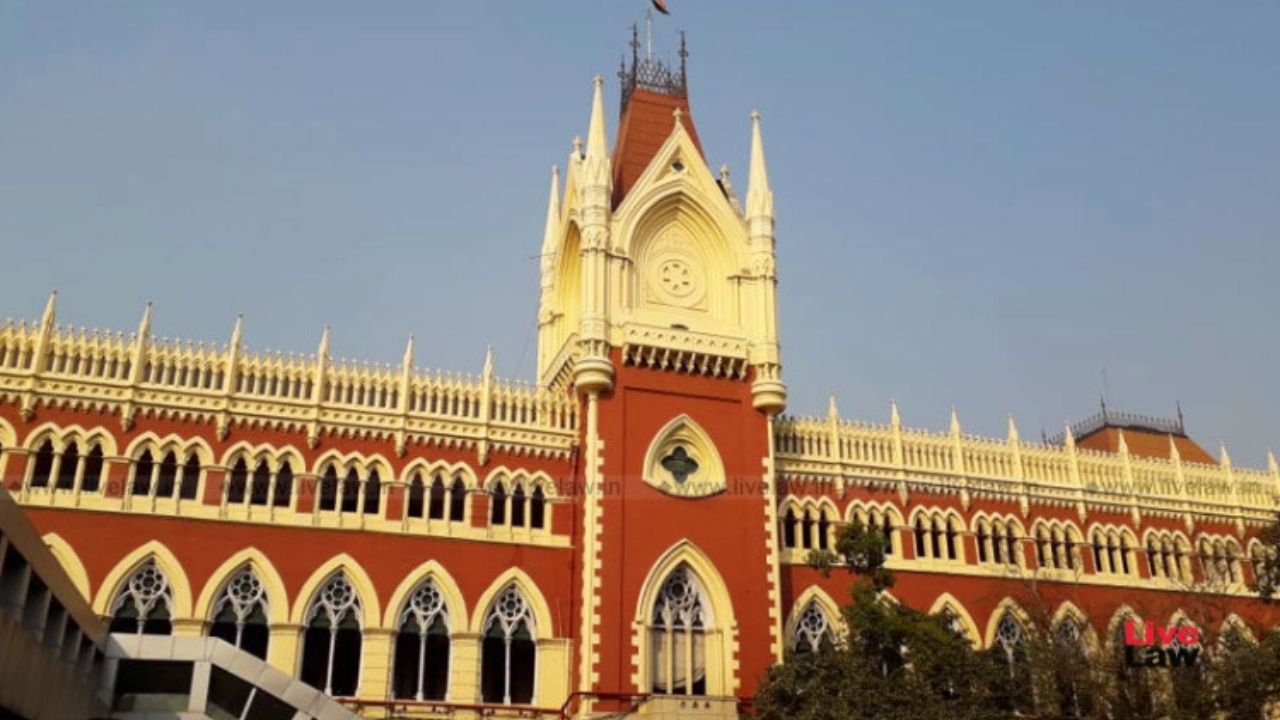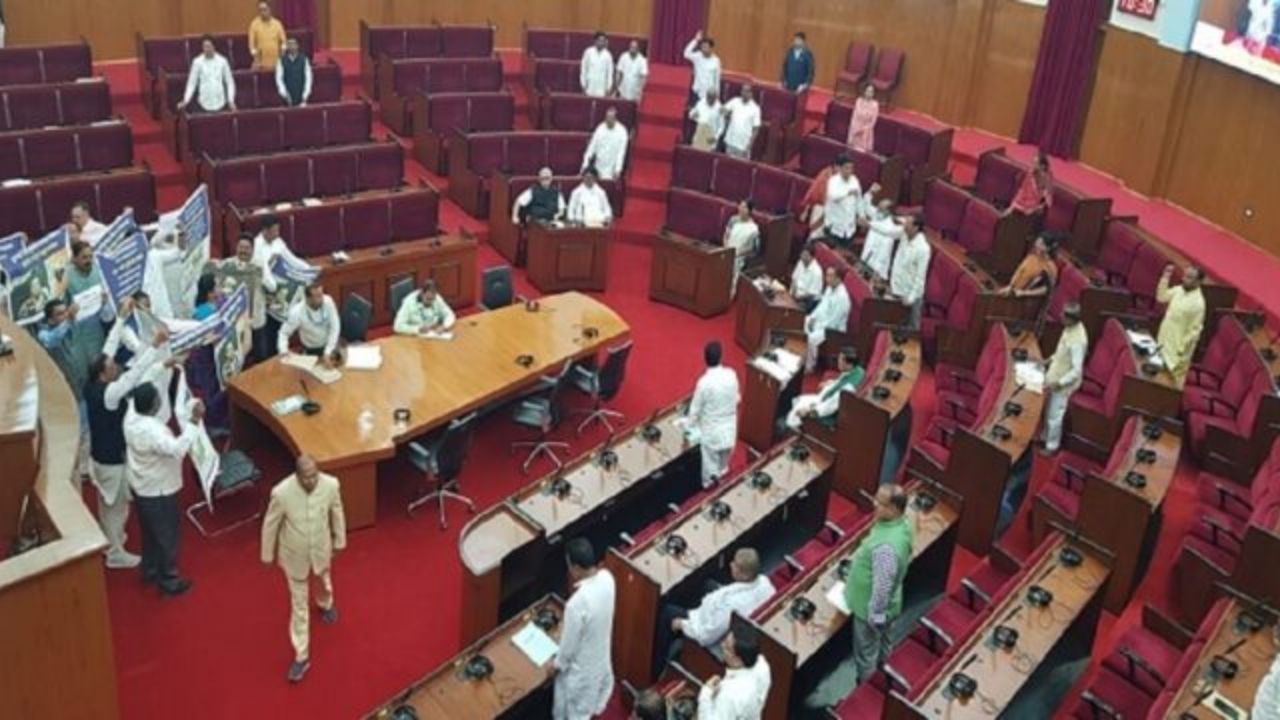The decision by Odisha’s ruling Biju Janata Dal (BJD) to abstain from India’s 2022 Vice-Presidential election was a calculated move rooted in the party’s long-standing policy of prioritizing regional interests over national political alignments. Party leaders defended the BJD VP poll abstention, framing it not as a passive act, but as a deliberate strategy to safeguard the welfare and developmental goals of the state of Odisha.
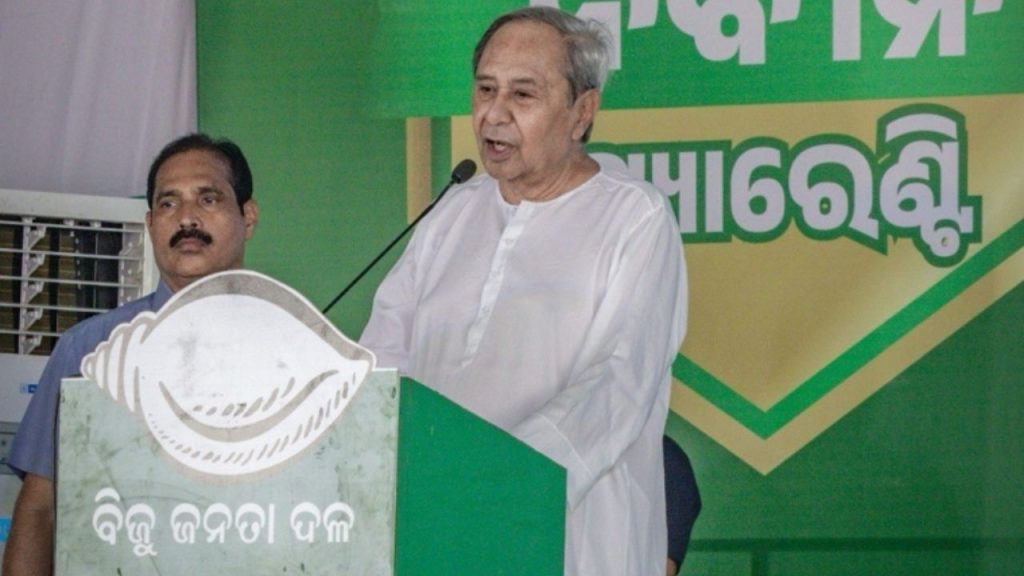
The move highlighted the unique and often influential role regional parties play in India’s federal political system. While the BJD had supported the ruling coalition’s presidential candidate just weeks earlier, its abstention from the vice-presidential contest demonstrated a careful balancing act designed to maintain its political independence and bargaining power with the central government.
The Decision and Its Stated Rationale
In early August 2022, ahead of the election that saw Jagdeep Dhankhar of the ruling National Democratic Alliance (NDA) compete against the opposition’s consensus candidate Margaret Alva, the Biju Janata Dal announced its parliamentarians would not participate. The party, which commands a significant bloc of votes in both houses of Parliament, stated that it could not support the candidate from the Congress-led opposition.
BJD’s national spokesperson and Member of Parliament, Dr. Sasmit Patra, articulated the party’s position clearly. “We have decided to abstain from the Vice-Presidential election,” he stated in a press release at the time. “The BJD is committed to its principle of maintaining an equal distance from both the BJP and the Congress.” The core justification provided was that this stance allows the party to focus exclusively on matters concerning “Odisha’s interest.”
This rationale suggests that by not aligning with either major national bloc, the BJD aims to maintain a cordial and functional relationship with the ruling central government, which is critical for securing federal funds, environmental clearances, and support for state-specific infrastructure projects.
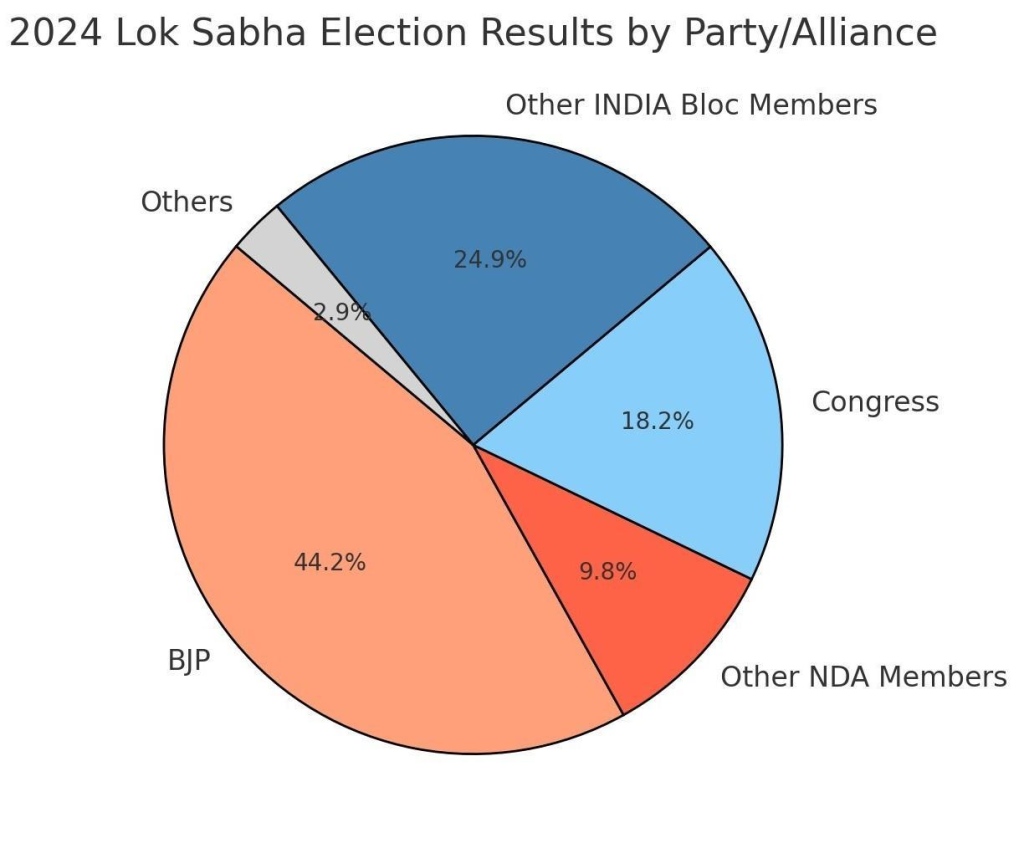
The Politics of ‘Equidistance’: The BJD VP Poll Abstention in Context
The BJD’s abstention was not an isolated event but a continuation of its declared political ideology of “equidistance.” Championed by party chief and Odisha Chief Minister Naveen Patnaik, this policy has defined the BJD’s engagement with national politics for over a decade.
A Strategic Balancing Act
Under this policy, the BJD avoids joining any formal pre-poll national alliance. Instead, it offers issue-based support to the government in power in New Delhi. This approach has seen the BJD vote with the Bharatiya Janata Party (BJP)-led NDA government on several key legislative bills in Parliament, including the controversial revocation of Article 370 in Jammu and Kashmir and the bill to criminalize “Triple Talaq.”
However, the party has also opposed the central government on issues it deemed contrary to state or public interest, such as certain aspects of agricultural reform. The decision to abstain in the VP poll, coming shortly after supporting NDA presidential nominee Droupadi Murmu—a tribal leader from Odisha—was seen by analysts as a classic reassertion of this independent stance. Supporting Murmu was framed as a matter of Odia pride, while abstaining from the VP poll was a signal that this support was not unconditional.
Reactions from Political Rivals
The BJD’s move drew sharp criticism from opposition parties, particularly the Indian National Congress. Leaders from the opposition accused the BJD of acting as a “B-Team” for the BJP, providing tacit support to the ruling establishment by weakening the united opposition’s numbers and resolve. “Abstention is a form of passive support,” a senior Congress leader was quoted as saying in news reports.
The BJP, in contrast, offered a more muted response. Given the BJD’s crucial support on other legislative priorities, the ruling party has typically avoided direct confrontation with Naveen Patnaik’s government, even though the two parties are political rivals within Odisha itself.
Implications for National and State Politics
The BJD VP poll abstention carries significant implications for both state and national political landscapes. In Odisha, the move reinforces Naveen Patnaik’s image as a leader singularly focused on state welfare, a narrative that has contributed to his remarkable electoral success for over two decades. By avoiding entanglement in contentious national debates, the BJD solidifies its regional stronghold.
On the national stage, the actions of powerful, non-aligned regional parties like the BJD, YSR Congress Party in Andhra Pradesh, and Bharat Rashtra Samithi in Telangana are closely watched. Their decisions to support, oppose, or abstain on key votes can determine the fate of legislation and impact the dynamics of opposition unity. The BJD’s strategy demonstrates the limits of forming a pan-India opposition front, as key regional players often prioritize their state-level interests over a broader anti-government coalition.

Sunita Biswal Slams BJD’s Women Empowerment Narrative as She Joins Odisha Congress
Odisha Mourns BJD MLA Rajendra Dholakia, Succumbs to Kidney Illness at 68
BJD Alleges Odisha Losing Industrial Ground to Competing States
FAQs
1. What is the BJD’s “equidistance” policy?
The “equidistance” policy is the official political stance of the Biju Janata Dal (BJD) to remain independent of the two major national political alliances: the BJP-led National Democratic Alliance (NDA) and the Congress-led opposition. It involves making decisions on national issues on a case-by-case basis, depending on their perceived benefit to the state of Odisha.
2. How is the Vice-President of India elected?
The Vice-President of India is elected by an electoral college consisting of all members of both houses of Parliament—the Lok Sabha (House of the People) and the Rajya Sabha (Council of States). The election is held through a system of proportional representation by means of a single transferable vote.
3. Why did the BJD support the Presidential candidate but abstain from the VP poll?
The BJD supported the NDA’s presidential candidate, Droupadi Murmu, because she is a tribal leader from Odisha, and her election was framed as a matter of pride for the state. The subsequent abstention from the Vice-Presidential poll was a political move to re-emphasize their “equidistance” and signal that their support for the ruling NDA was not absolute but issue-based.

